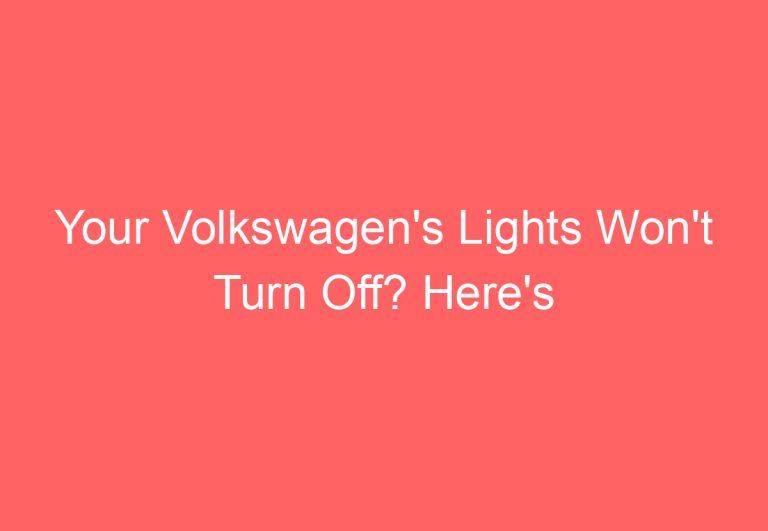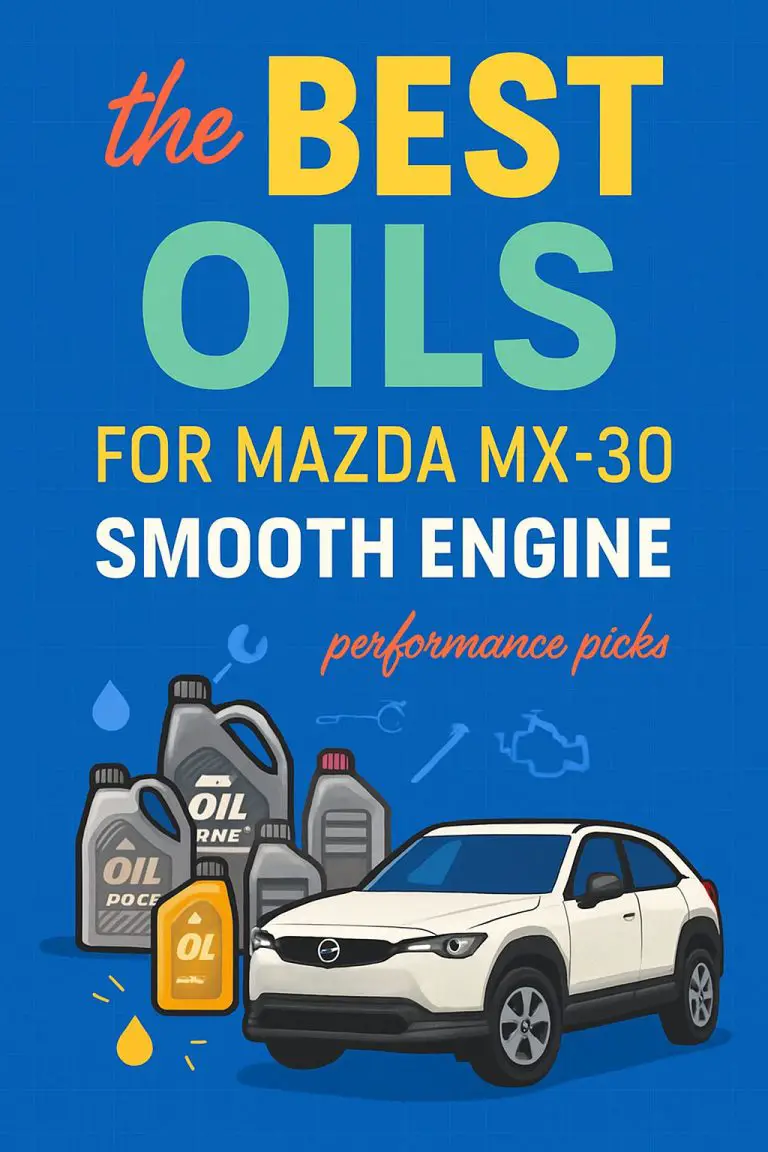7E8 Engine Code Volkswagen [Defined]
Are you puzzled by the enigmatic 7E8 engine code that appeared on your Volkswagen As a seasoned Volkswagen technician
I understand the frustration and confusion that can arise when this code illuminates on your dashboard. Let’s unravel the mystery behind the 7E8 engine code and explore its meaning
potential causes
and the necessary steps to address it. Join me as we delve into the world of Volkswagen diagnostics and troubleshooting to decode the significance of the 7E8 engine code.
So 7E8 Engine Code Volkswagen
7E8 engine code is used for a 3.6L V6 gasoline engine that was produced from 2010 to 2016. It is found in the Volkswagen Touareg, Porsche Cayenne, and Audi Q7. The engine has a single overhead camshaft SOHC and 24 valves. It produces 280 horsepower and 265 lb-ft of torque.
7e8 Engine Code Volkswagen
What is the 7e8 Engine Code?
The 7e8 engine code is a Volkswagen engine code that identifies a 2.0-liter turbocharged inline-four engine. It was produced from 2013 to 2016 and was used in the Volkswagen Golf, Volkswagen Jetta, and Volkswagen Passat. The 7e8 engine code is a direct-injection engine with a variable valve timing system. It produces 170 horsepower and 207 lb-ft of torque.
What are the benefits of the 7e8 Engine Code?
The 7e8 engine code offers a number of benefits, including:
Improved fuel economy: The 7e8 engine code is a more efficient engine than previous Volkswagen engines. It has a combined fuel economy rating of 28 mpg city/39 mpg highway.
Increased power: The 7e8 engine code produces more power than previous Volkswagen engines. It has a maximum output of 170 horsepower and 207 lb-ft of torque.
Improved emissions: The 7e8 engine code meets the latest emissions standards. It has a Tier 2 Bin 5 rating for emissions.
What are the drawbacks of the 7e8 Engine Code?
The 7e8 engine code has a few drawbacks, including:
It can be noisy: The 7e8 engine code can be noisy at high RPMs.
It can be expensive to repair: The 7e8 engine code can be expensive to repair if it breaks down.
It can be difficult to find parts: The 7e8 engine code is a relatively new engine, so it can be difficult to find parts for it.
Is the 7e8 Engine Code a good engine?
Overall, the 7e8 engine code is a good engine. It offers a number of benefits, including improved fuel economy, increased power, and improved emissions. However, it does have a few drawbacks, including being noisy, expensive to repair, and difficult to find parts for.
Conclusion
The 7e8 engine code is a good option for drivers who are looking for a fuel-efficient, powerful, and emissions-friendly engine. However, it is important to be aware of the drawbacks of the engine before making a decision.
Also Read: 7E8 Engine Code Volkswagen Jetta
FAQs about the 7E8 engine code for Volkswagen
What is the 7E8 engine code?
The 7E8 engine code is a Volkswagen engine code that refers to a 2.0-liter turbocharged inline-four engine. It was produced from 2008 to 2014 and was used in a variety of Volkswagen models, including the Golf, Jetta, and Passat.
What are the specifications of the 7E8 engine?
The 7E8 engine has a displacement of 1,984 cc (121 cu in), a bore of 82.5 mm (3.25 in), and a stroke of 92.8 mm (3.65 in). It produces 200 horsepower (149 kW) and 207 lb-ft (280 N⋅m) of torque.
What vehicles use the 7E8 engine?
The 7E8 engine was used in the following Volkswagen models:
Golf (2008-2014)
Jetta (2008-2014)
Passat (2008-2014)
Tiguan (2008-2014)
Touareg (2008-2014)
What are the common problems with the 7E8 engine?
The 7E8 engine is a reliable engine, but there are a few common problems that can occur. These include:
Oil consumption
Turbocharger failure
Carbon buildup
Engine knocking
How can I avoid problems with the 7E8 engine?
There are a few things you can do to avoid problems with the 7E8 engine. These include:
Keeping up with regular maintenance
Using high-quality oil
Avoiding extended periods of idling
Driving the car in a spirited manner
By following these tips, you can help keep your 7E8 engine running smoothly for many years to come.
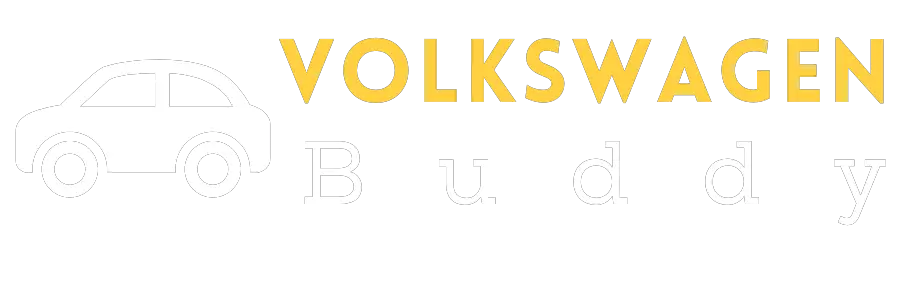
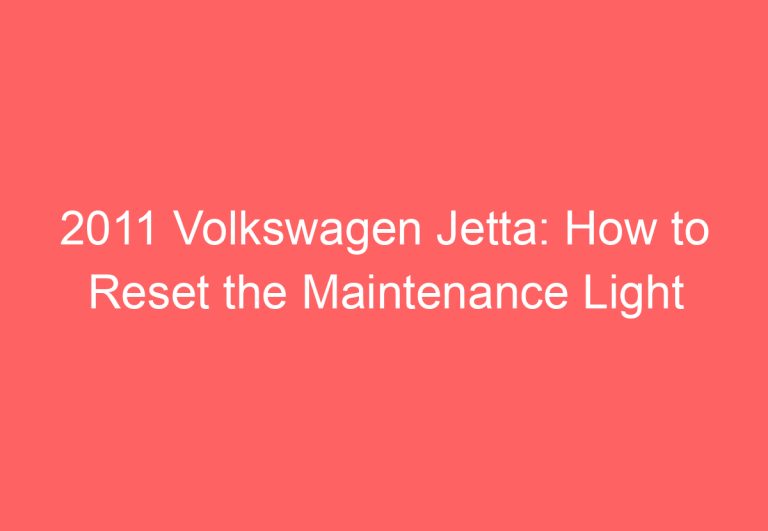
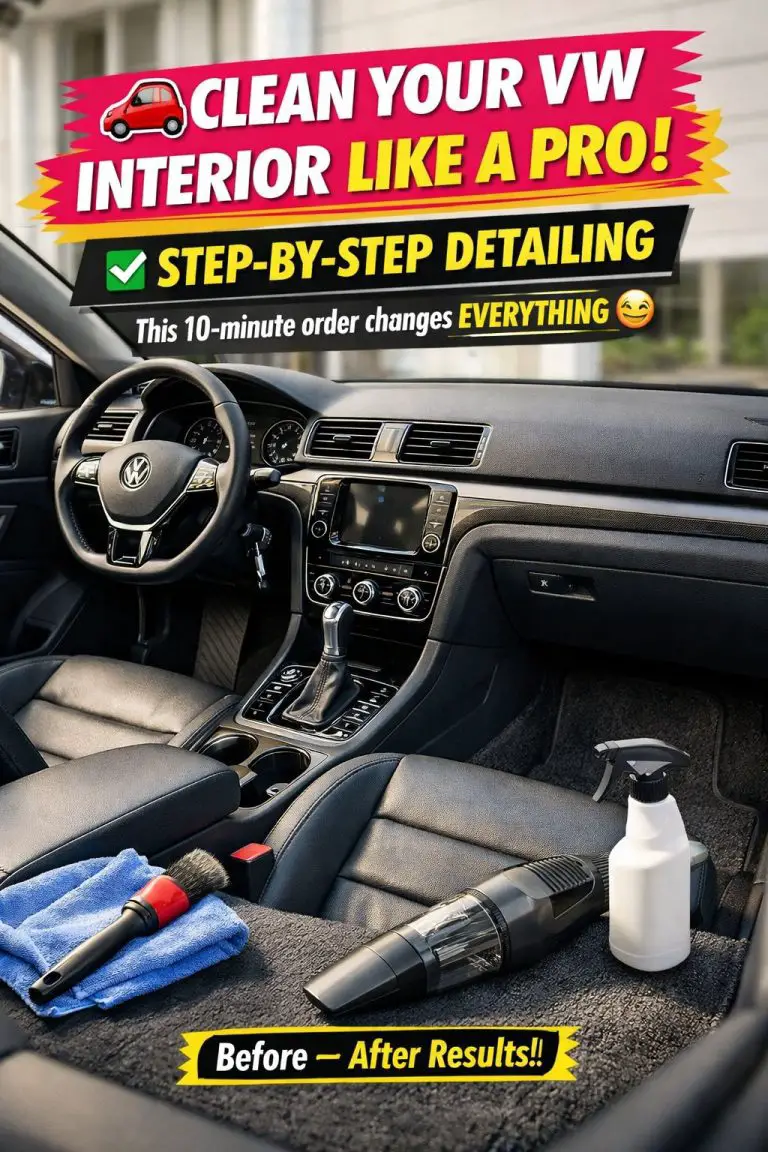
![Volkswagen Beetle Starts Then Shuts Off [Reasons & Fixes]](https://volkswagenbuddy.com/wp-content/uploads/2024/05/volkswagen-beetle-starts-then-shuts-off-reasons-fixes_4462-768x531.jpg)
